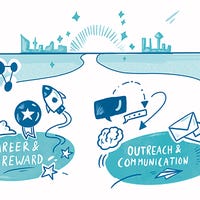Open Science
Open Science is just Science done right. Here you can read about how we implement Open Science principles in the day-to-day practice of research at the UMC Utrecht.

Open Science uitklapper, klik om te openen
At the UMC Utrecht we value transparency in the scientific process. We support the principles of Open Science and aim to put these to practice. We put thoughts to action and set up the Faculty Open Science Team (FOST), we actively involve citizens and patients in our research activities, and we strive to convert scientific knowledge to therapies and tools valuable to society. To ensure the next generation of (clinical) scientists is ready to take on future challenges, we work towards infusing our education with Open Science. Giants build on the shoulders of many, and so our data and code are FAIR, and the knowledge we gain are published openly and without restrictions. As TRIPLE is engrained in our working ethics, we value a diverse and inclusive constitution of our teams and committees, and healthy personal and professional growth of our employees.
This website serves two purposes: 1) we share how we bring Open Science principles to practices, and 2) it provides a starting point for (future) employees to learn about Open Science at the UMC Utrecht.
Open Science News uitklapper, klik om te openen
The Open Science Team uitklapper, klik om te openen
The mission of this team is to assess and promote all efforts in the space Open Science at the UMC Utrecht. Each member has her/his own focus within Open Science and through bi-monthly meetings we update each other on the various topics.
The FOST members are the go-to people when you have questions, remarks, or ideas regarding an Open Science topic for the UMC Utrecht. We can liaise with you, give pointers, answers, or work with you to promote Open Science principles and practices.
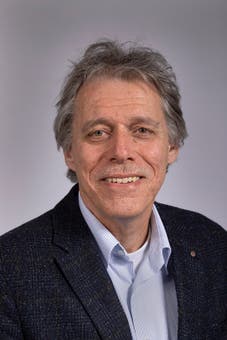
Arno Hoes
Dean
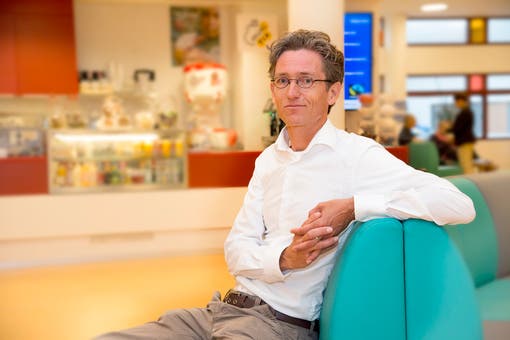
Bas Raaymakers
Professor
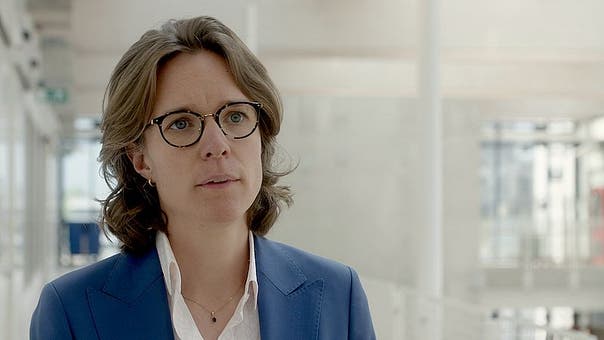
Inge Stegeman
Associate professor
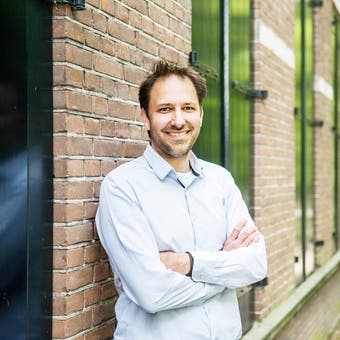
Jeroen de Ridder
Associate professor
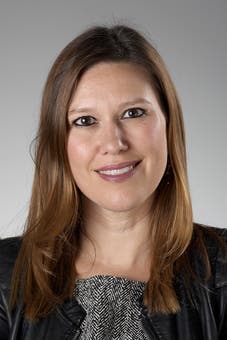
Lotty Hooft
Professor
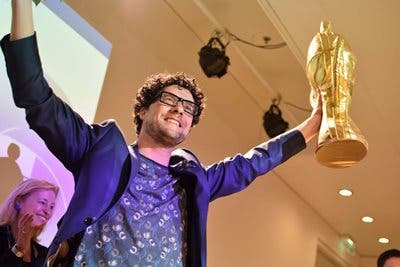
Marc van Mil
Associate professor
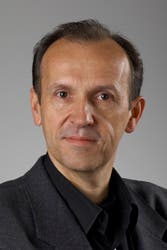
Nico Poppelier
Project manager Research ICT
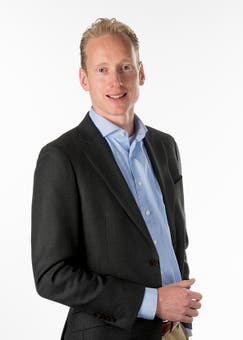
Rinze Benedictus
Staff advisor
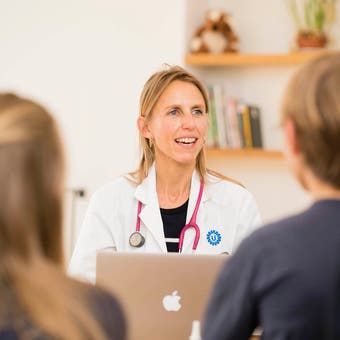
Sabine Fuchs
Associate professor
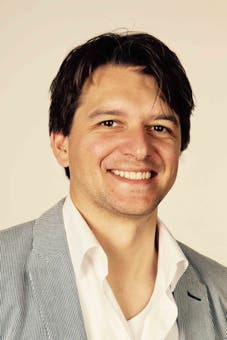
Sander W. van der Laan
Assistant professor
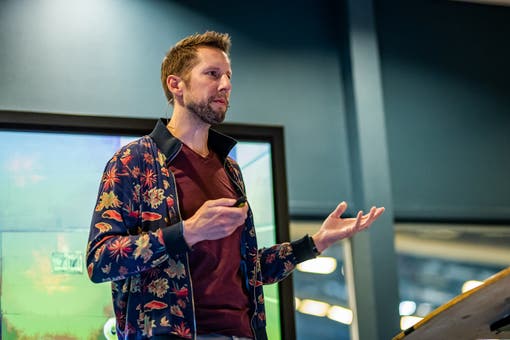
Stephan van Duin
Sr. Advisor Science Communication
Preprints & Open Access uitklapper, klik om te openen
Preprints
Preprints are [academic] manuscripts that have not been peer-reviewed or published in a traditional publishing venue. In Open Science and academic publishing, the preprint increasingly appears on the radar as an important element in academic communication. By posting preprints, academics can rapidly share their findings and build upon each other's work.
The Dutch consortium of university libraries and the National library of the Netherlands (UKB) together with the Association of Universities in the Netherlands (VSNU) and the Dutch Research Council (NWO), have published a practical guide on preprints.
Open Access
Conceptually Open Access publishing is a cornerstone in Open Science: it is key in the rapid and free dissemination of scientific knowledge. This is one of the reasons that publishing Open Access is now required by many funders. Yet, many of you wonder about what steps to take to publish Open Access. And what does Open Access publishing cost and and is there any funding available? The Team Publishing Support at the University Library developed a handy the open access flow chart: Open Access Flow Chart.
On behalf of the UMC Utrecht Inge Stegeman, Lotty Hooft and Sander W. van der Laan are the ambassadors for Preprint & Open Access and members of the Open Science Team.
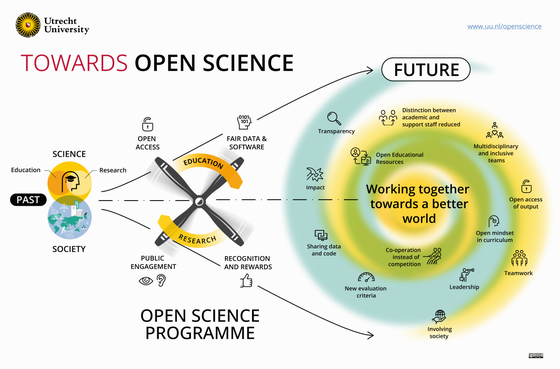
Open Education uitklapper, klik om te openen
The transition towards Open Science should be reflected in how a new generation of academics and citizens are educated. The aim of university (medical) education should be preparing future graduates to share their (inter)disciplinary knowledge, engage with societal stakeholders, and shape tomorrow’s society. Utrecht University described this in the white paper 'Shaping the academic self'.
On behalf of the UMC Utrecht Marc van Mil is the ambassador for Open Education and member of the Open Science Team.
FAIR data and code uitklapper, klik om te openen
A pillar to reproducible and robust science are the open sharing of data and code. However, the UMC Utrecht adheres to (inter)national rules, regulations, and laws including GDPR (AVG), taking into account ethical considerations and the patients' privacy. This means that open sharing of data is not possible in all situations. That is why, the UMC Utrecht adheres to the principles of FAIR: we aim to make data and code Findable, Accessible, Interoperable, and Reusable. A specific workflow and associated guidelines were drawn up and implemented. In short, this entails that we share data through public repositories such as DataverseNL and codes through GitHub when possible. This is inline with the FAIR adagium 'open when possible, closed when necessary' and policies of the other Dutch universities and medical centers.
On behalf of the UMC Utrecht Jeroen de Ridder and Nico Poppelier are the ambassadors for FAIR data and code and members of the Open Science Team.
Recognition & Rewards uitklapper, klik om te openen
The transition to Open Science is inseparable from new forms of research evaluation that stimulate and assess academics on their contributions to Open Science practices. The incorporation in research assessments of e.g. stakeholder involvement, public engagement activities, FAIR data and code sharing and Open Access publishing is captured under Recognition & Rewards. The diversification of academic career profiles, making rewardable a broad range of academic activities, is another major development.
On behalf of the UMC Utrecht Bas Raaymakers and Rinze Benedictus are the ambassadors for Recognition & Rewards and members of the Open Science Team.
Six academic career profiles at UMC Utrecht
Scan de bovenstaande QR-code met uw telefoon om een video over dit onderwerp te bekijken. Of bekijk de video via:
Download the description and evaluation criteria of the six UMC Utrecht academic career profiles (2023). Also available is the qualification portfolio for the six career profiles.
Diversity & Inclusion uitklapper, klik om te openen
There are strong connections between Diversity & Inclusion and Open Science. Please refer to the UMC Utrecht Diversity & Inclusion Platform for initiatives in this space.
Translational Medicine uitklapper, klik om te openen
The translation of biomedical research results to new treatments and better patient care typically requires Open Science activities like stakeholder involvement and multidisciplinary collaboration. To provide the optimal translational setting and bridge the gap between bench and bedside, the UMC Utrecht appoints clinical scientists. This program allows medical doctors with demonstrable research expertise to dedicate 50% of their time to research.
In 2021, the first 18 clinician scientists were appointed and the effects of this program are currently being evaluated. The UMC Utrecht further participates in the Eureka Institute, devoted to translational medicine, and annually organises a summerschool (“doing the right research right") where clinician scientists are trained and receive tools to become more effective in Translational Medicine.
On behalf of the UMC Utrecht Sabine Fuchs is the ambassador for Translational Medicine and member of the Open Science Team.
Public Engagement uitklapper, klik om te openen
Public Engagement encompasses activities to raise interest in research, to include citizens and communities in setting research priorities, to engage them with the research process, to translate outcomes for a non-scholarly public, and to participate in public debate. Public Engagement helps researchers to more closely relate to societal issues and to questions people have. It helps researchers to profit from input and ideas from outside academia. And it helps enhance support for and trust in scholarly research. Public Engagement is an integral part of the role Utrecht University and UMC Utrecht play in society, and reflected upon in this document.
In the UMC Utrecht the strategic program 'Patient participation' stimulates engagement with patients and patient organisations in research processes. A prime example of outreach includes the organisation of webinars on specific topics of interest to patients. Another example are the yearly public lectures where (clinical) researchers detail their research in accessible wording, how it benefits the patients, and the future perspective they envision.
Communities uitklapper, klik om te openen
As one of the seven faculties, the UMC Utrecht vision on Open Science closely follows that of Utrecht University, which detailed its vision and engagement on its Open Science Program website.
When you're looking for pointers as a (clinical) researcher, be it starting or more experienced, we also refer you to the Open Science Community Utrecht which strives to promote principles of and engage the whole Utrecht academic community in Open Science.
Young Science in Transition (YoungSiT) represents a think-tank of early career academics of the UMC Utrecht, Vrije Universiteit Amsterdam, TU Delft, University of Twente, and other Dutch universities to advance fair and open research practice in the Netherlands.
National and international context uitklapper, klik om te openen
The transition to Open Science at UMC Utrecht and Utrecht University is closely linked to national and international developments. Research funders, research performing organisations and community initiatives increasingly support Open Science.
In the Netherlands universities and funders are committed to Recognition & rewards and there is a National Plan Open Science and a 'Regieorgaan Open Science', which are funded by the ministry of Education and Science. The main research funder NWO supports new forms of evaluation and requires 100% Open Access. The 'Strategic Evaluation Protocol' that universities and UMCs use to periodically evaluate their research has a strong focus Open Science practices and outputs.
Internationally, the San Francisco Declaration on Research Assessment is very influential and all Dutch universities adhere to the declaration. In the European Union there is a 'Reforming research assessment' agreement established along similar lines. Open Science has for years been promoted by the European Commission.
UNESCO adopted a recommendation on Open Science as a means to reduce the divide in digital, technological and knowledge existing between and within countries.
Recently, the White House also committed the United States to Open Science and pushes strongly for Open Access, and FAIR data and code sharing among others.
Tips, tricks, and tools uitklapper, klik om te openen
In collaboration with datamanagers, quality officers, clinicians, and researchers, the DIT has implemented and created a digital box of Research Tooling (only accessible for UMC-employees). These tools can be used by researchers at every step of the scientific process: from planning, managing, creating, and analyzing, to publishing, sharing and archiving.


